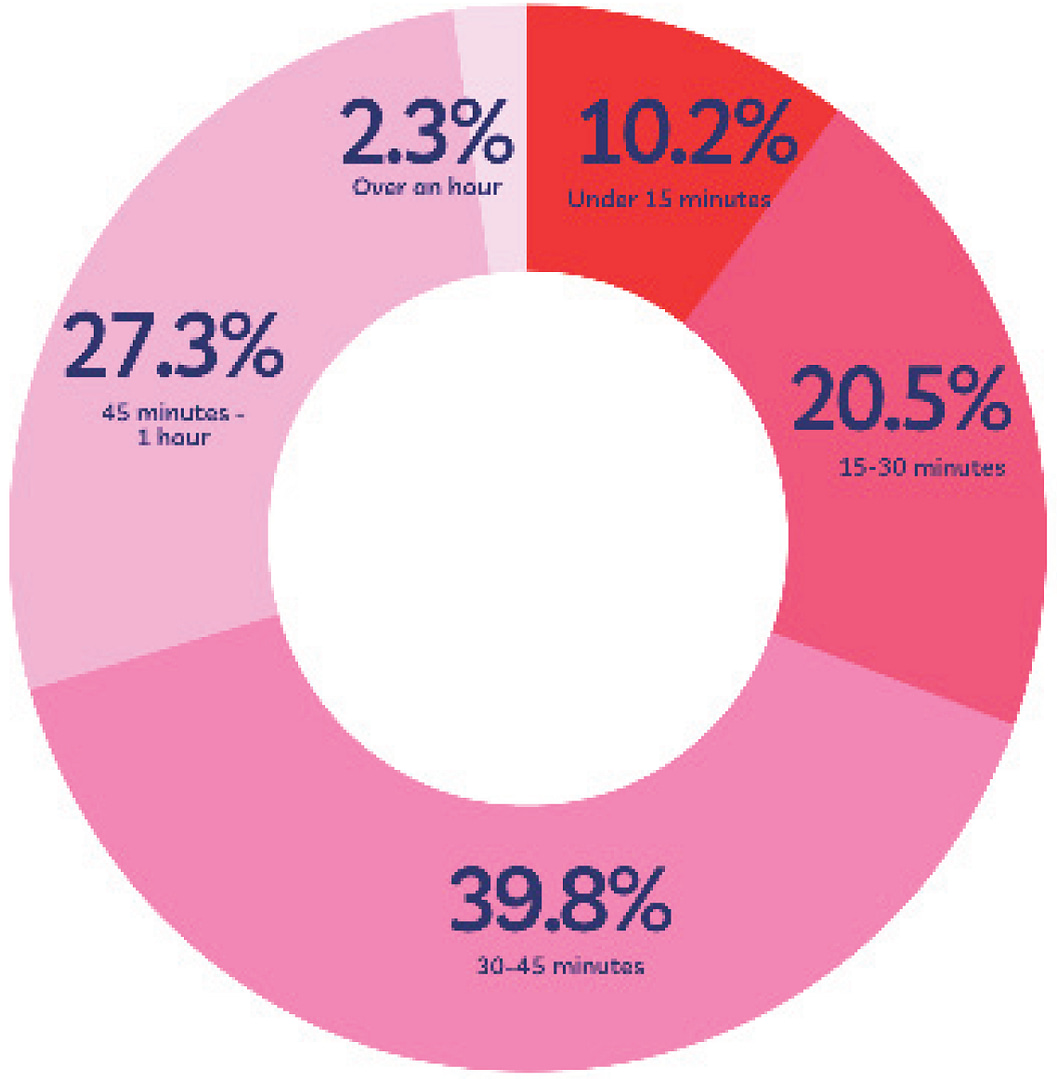⅛ Jew Colin Kruse gives his take on President Trump’s moving the American embassy from Tel-Aviv to Jerusalem
Jerusalem is a city marked by religious strife and boiling political tensions between Israelis and Palestinians. President Donald Trump’s decision to officially recognize the holiest city on Earth certainly raises tensions between Palestinians and Israelites all around the world, as Muslims protested everywhere from Beirut to Malmo.
While the religious conflict is seemingly escalated, the argument between opposing sides should not be whether the Jewish people have a birthright to inhabit their holy land, whether Palestinians have the right to farm their fields without having to climb a wall, or whether two states can coexist peacefully in the region. Rather, all Americans should be questioning whether the United States actually has a place in this conflict.
Many advocates of Israel insist that, because of its status as the sole “Western” democracy in the Middle East, Israel must continue to be supported financially and militarily. Indeed, in 2016, the Obama Administration signed a 10-year military assistance deal, the single largest deal of its kind in American history (on the record). According to the Congressional Research Service, Israel has been “the largest cumulative recipient of U.S. foreign assistance since World War II.”
During the 2016 Presidential Election, both Candidates Trump and Clinton pledged their support to Israel. While there is a partisan divide towards sympathy towards Israel, (80% of Republicans vs. 50% of Democrats, 2016 Gallup Poll), the defense deal reached in 2016 had no major opposition in either the executive or legislative branches on Congress.
Many American Jews are deeply tied to Israel both in a religious and ideological sense. Furthermore, with the turmoil in and destabilization of the Middle East with the conflicts in Syria and Iraq, as well as theocratic Iran, a strong Israeli democracy would appear to strengthen American influence in the region while encouraging some form of a two-state solution.
President Trump and his State Department, in recognizing Jerusalem as the capital of Israel and vowing to move the embassy from Tel-Aviv to Jerusalem, are seemingly following a precedent of American support for Israel. However, the personal politics of pro-Israeli groups within the American government must be put aside for the sake of stabilizing the region.
In this conflict, the United States of America has considerable leverage over both parties involved in the dispute for their holy lands. As stated earlier, the United States provided military support to Israel yet simultaneously funds the Palestinian government in an effort to prevent Hamas or other radical Islamic groups from gaining more power to commit more acts of terror throughout the region. Yet, if bias towards one side of this divide pervades the American government, can the United States fairly broker peace between two sides often reluctant for compromise?
Furthermore, while unrest and resistance is expected in a contentious decisions such as moving the American embassy to Jerusalem, eventually, the Israeli government will have to face the issue of whether to give Palestinians, which make up 32% of Jerusalem’s population and 20% of Israel’s overall population, full rights (which are especially restricted to Palestinians living in the West Bank) or whether to settle for a two-state solution. Trump’s decision to recognize Jerusalem as Israel’s capital was obviously meant to score political points, yet he and his administration simultaneously accelerated an uncertain future of potential violence and unrest in the heart of the Middle East.







Comments are closed.